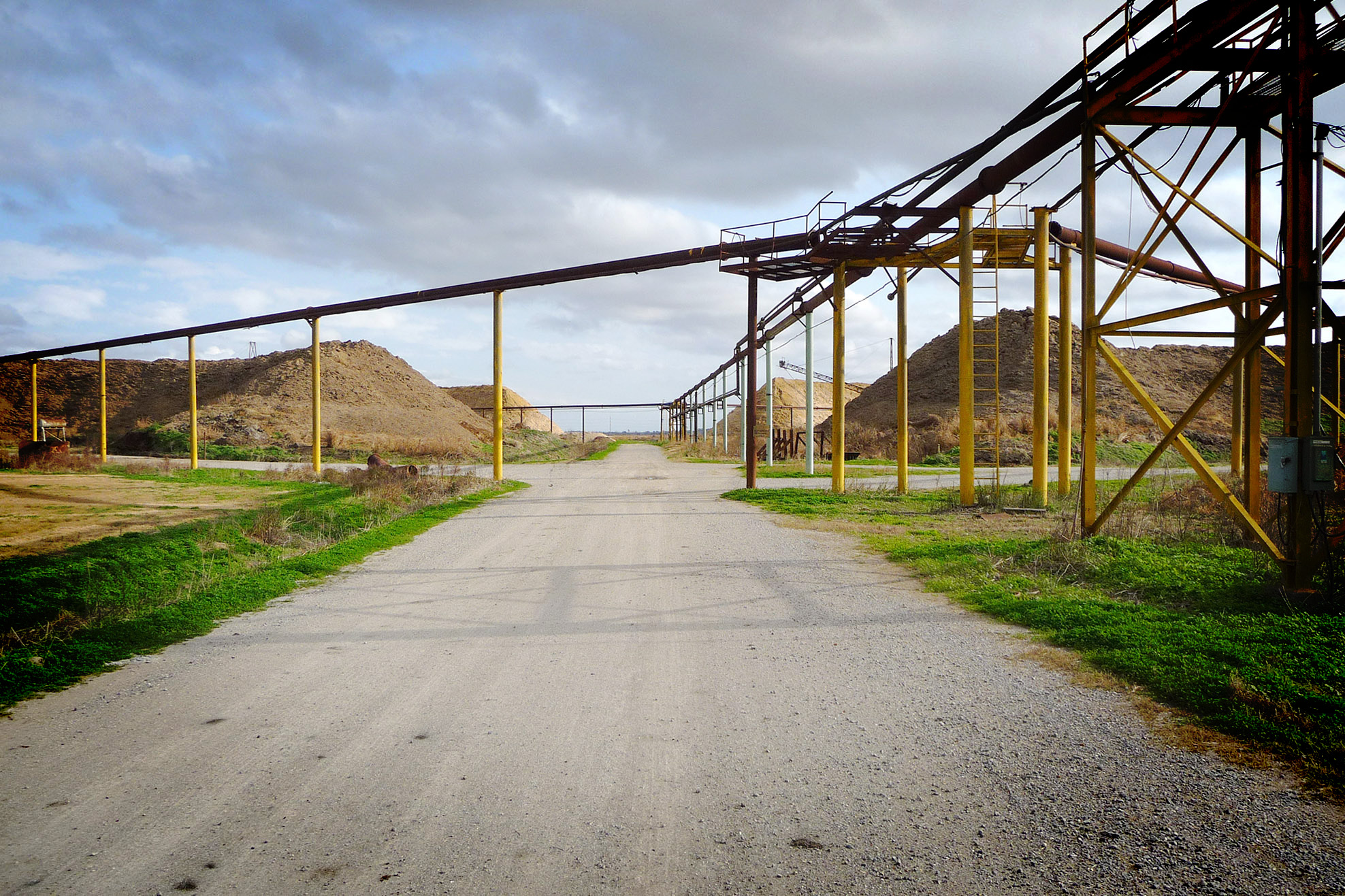LSU-led Team Turns Agricultural Waste into Liquid Fuels for Transportation
July 01, 2025
Supporting Farms and Chemical Manufacturing
Researchers at LSU are developing new electrochemical technology that could provide new revenue streams for Louisiana’s farmers and petrochemical industry. Instead of leaving mountains of bagasse—a waste product from processing sugarcane—in the open field, producers will soon be able to use it to make diesel and gasoline, even jet fuel. The same conversion process is designed to work for residues from manufacturing timber and lumber, as well as other types of biomass.
LSU and LSU AgCenter built a statewide team with Louisiana Tech University, University of Louisiana at Lafayette, Southern University, and River Parishes Community College to go after a $7 million grant from the National Science Foundation. They won, and the team is now working to develop the technology and the workforce needed to fill the jobs the technology will create.
“This extraordinary award, $7 million, shows how LSU researchers are creating solutions that support Louisiana’s economy, our farmers, and most important industries,” LSU Interim President Matt Lee said. “We continue to build strong teams that bring innovation and jobs and allow us to do what we do best—win for Louisiana.”
“Joining this team marks a significant milestone for our institution,” said Donovan Thompson, dean of River Parishes Community College’s Energy Sciences Division and executive director of its Energy Partners for Innovation and Collaboration (EPIC) consortium. “Together with LSU and our partners, we’ll develop cutting-edge course modules and workshops focused on bio-electric fuel technologies—a field entirely new to our college’s curriculum.”

Piles of sugarcane bagasse in Raceland, Louisiana.
“If you ride by any one of our 11 raw sugar mills throughout Louisiana, you’ll see mountains of sugarcane bagasse that has collected over the years. In total, about three million tons are added each harvest season. Bagasse is a waste product and expensive to move, and wherever it goes, it costs money to store or takes land out of production. This research project led by LSU to turn bagasse into fuel could make our state’s number-one row crop industry even more sustainable and profitable to keep us producing for another 200 years.”
Atticus Finger, director of research for the American Sugar Cane League


